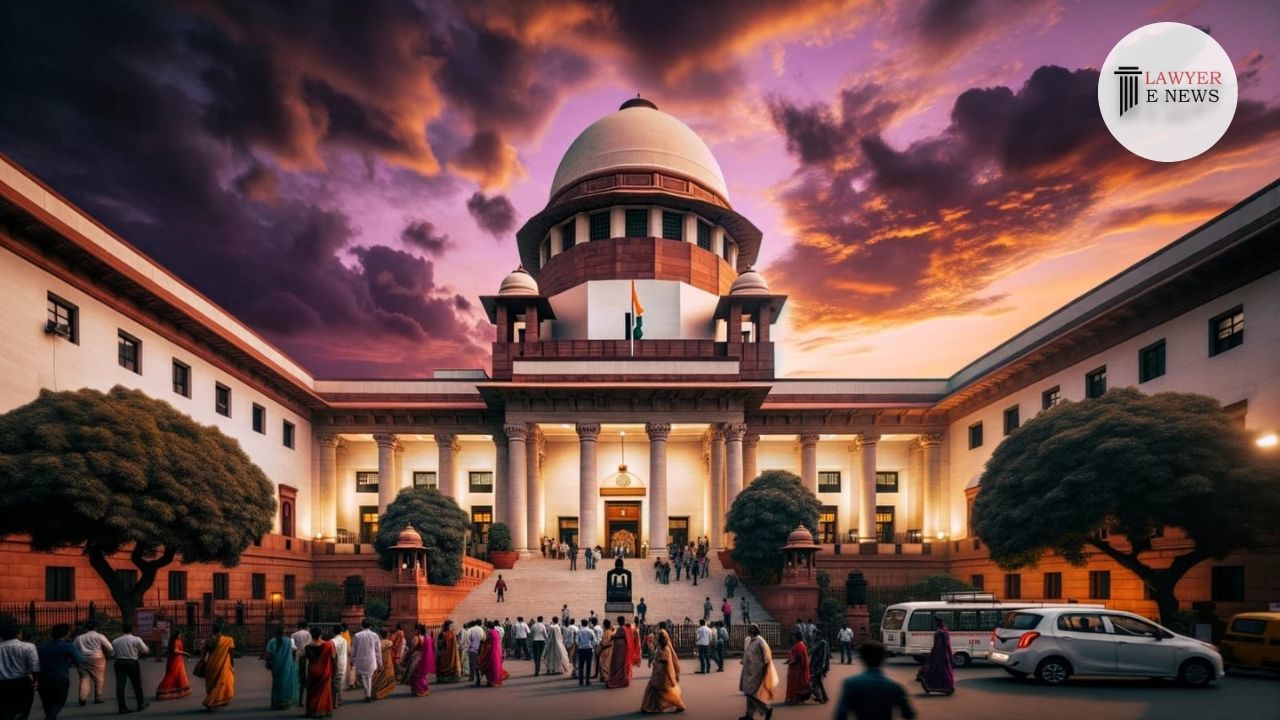-
by Admin
16 February 2026 4:21 AM



In a significant legal ruling, the Supreme Court of India has delivered a landmark judgment that underscores the importance of reliable dying declarations in criminal cases. The judgment, rendered on October 18, 2023, reaffirms the critical role dying declarations play in establishing guilt or innocence in cases involving severe crimes, such as murder.
The verdict, delivered by a two-judge bench comprising Justices Abhay S. Oka and Sanjay Karol, delves into the intricacies of multiple dying declarations made by the victim in a high-profile case. The court meticulously analyzed each statement and the circumstances surrounding them to determine their admissibility and reliability.
Assessing Dying Declarations: The court emphasized that dying declarations must be voluntary, reliable, and made in a fit state of mind. It also stressed the importance of consistency among multiple dying declarations.
Corroboration of Dying Declarations: In cases of inconsistencies between dying declarations, the court held that other available evidence may be considered for corroborating the contents of such declarations.
Scrutiny of Individual Declarations: Each dying declaration should be assessed on its own merits, and the court must determine which statement is reliable when inconsistencies arise.
Role of Medical Fitness: The mental and physical condition of the person making the dying declaration at the relevant time is crucial. The judgment highlighted the significance of medical evidence in this regard.
Interested Witnesses: The court acknowledged that statements made by interested witnesses, such as close relatives, cannot be discarded solely based on their interest. However, such testimony should be scrutinized with caution.
The case in question involved allegations of a gruesome crime where the victim had sustained severe burn injuries. The court scrutinized four dying declarations made by the victim at different times and under various circumstances.
Ultimately, the court ruled that due to a lack of corroboration, inconsistencies, and doubts surrounding the reliability of the dying declarations, the guilt of the accused could not be established beyond reasonable doubt. As a result, the convict-appellant was acquitted, and his bail was confirmed.
This judgment serves as a significant precedent, providing comprehensive guidelines for the assessment of dying declarations in criminal cases. It reiterates the importance of a meticulous and evidence-based approach when relying on such declarations to ensure justice is served.
Date of Decision: 18 October 2023
ABHISHEK SHARMA vs STATE (GOVT. OF NCT OF DELHI)
